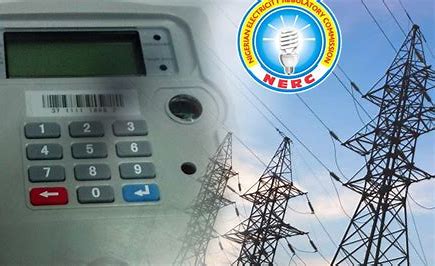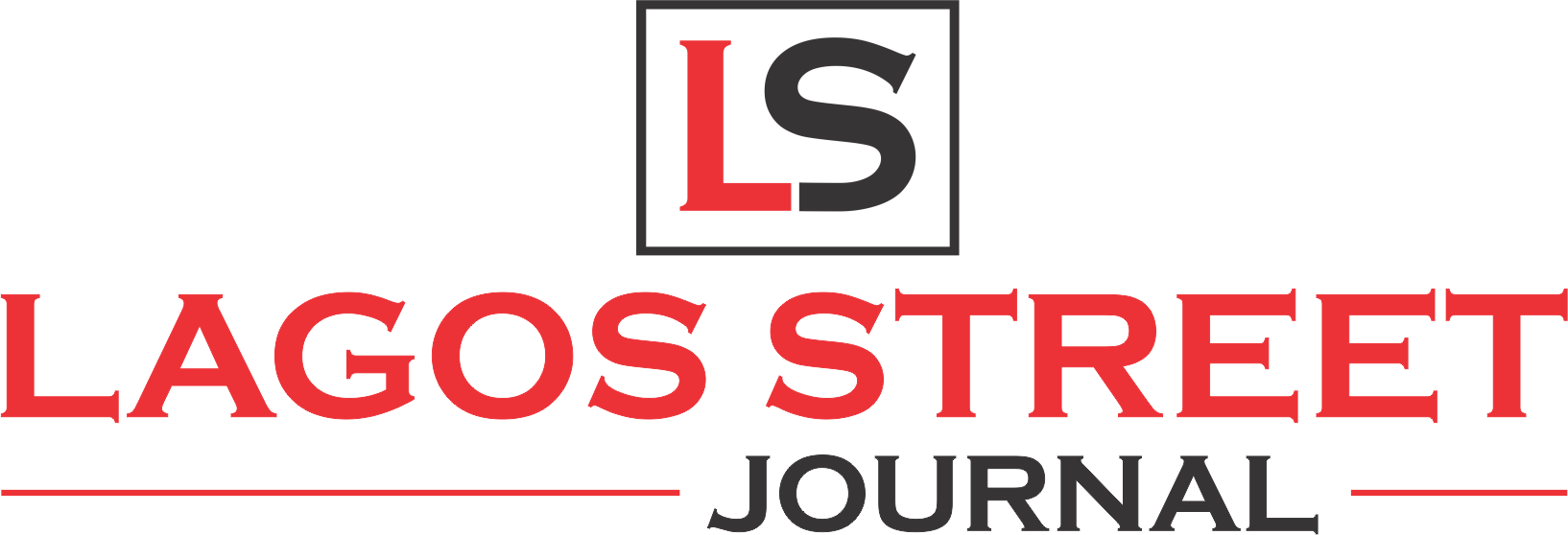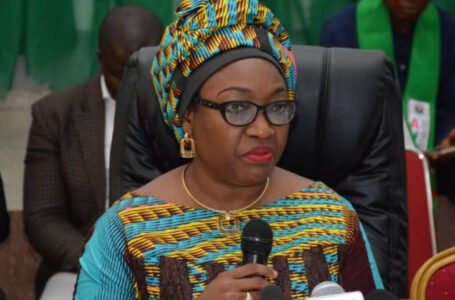Witness narrates how Ex-HoS, allies diverted public funds to private companies in court
Electricity Subsidy: FG Pays N205bn, DisCos Withhold N50bn – NERC


‘Dotun Rotimi
The Federal Government paid about N205bn as electricity subsidy in the third quarter of last year, according to data obtained from the Nigerian Electricity Regulatory Commission (NERC) latest report.
The Commission’s third quarterly market report revealed the government incurred a subsidy obligation of about ₦205bn in 2023/Q3 (average of ₦68bn per month), which is an increase of ₦69bn compared to the ₦135bn (average of ₦45bn per month) incurred in 2023/Q2.
This increase in subsidy payment, according to the report, was largely attributable to the government’s policy to harmonise exchange change rates due to the absence of cost-reflective tariffs across all electricity distribution companies (DisCos).
In the absence of cost-reflective tariffs, the government undertakes to cover the resultant gap (between the cost-reflective and allowed tariff) in the form of tariff shortfall funding.
This funding is applied to the Nigerian Bulk Electricity Trading (NBET) invoices that are to be paid by DisCos. The amount to be covered by the DisCo is based on the tariff that they are allowed to charge and set out as their Minimum Remittance Obligation (MRO) in the periodic Tariff Orders issued by the commission.
The Commission’s third quarterly market report revealed the government incurred a subsidy obligation of about ₦205bn in 2023/Q3 (average of ₦68bn per month), which is an increase of ₦69bn compared to the ₦135bn (average of ₦45bn per month) incurred in 2023/Q2.
This increase in subsidy payment, according to the report, was largely attributable to the government’s policy to harmonise exchange change rates due to the absence of cost-reflective tariffs across all electricity distribution companies (DisCos).
In the absence of cost-reflective tariffs, the government undertakes to cover the resultant gap (between the cost-reflective and allowed tariff) in the form of tariff shortfall funding.
This funding is applied to the Nigerian Bulk Electricity Trading (NBET) invoices that are to be paid by DisCos. The amount to be covered by the DisCo is based on the tariff that they are allowed to charge and set out as their Minimum Remittance Obligation (MRO) in the periodic Tariff Orders issued by the commission.








